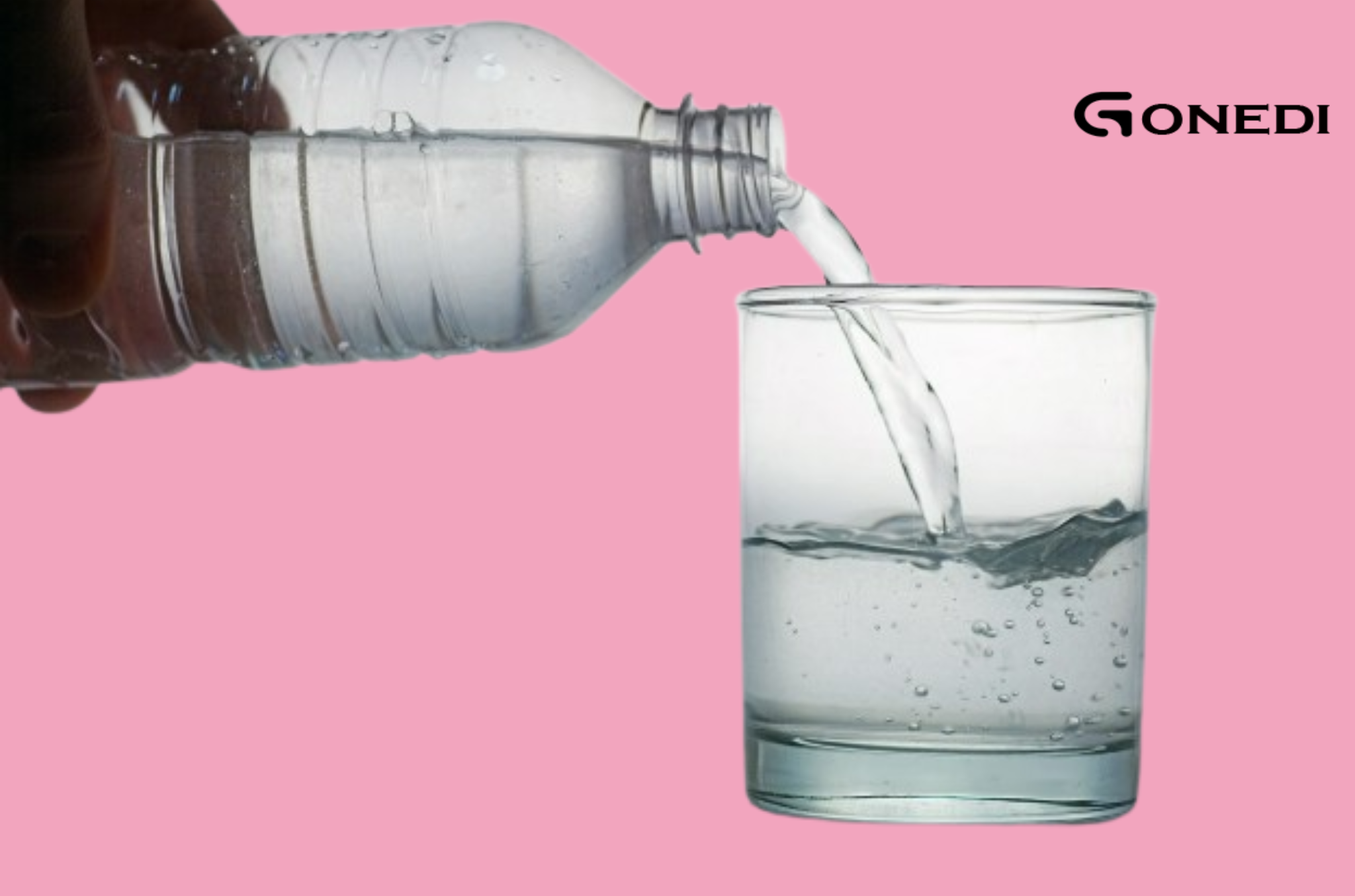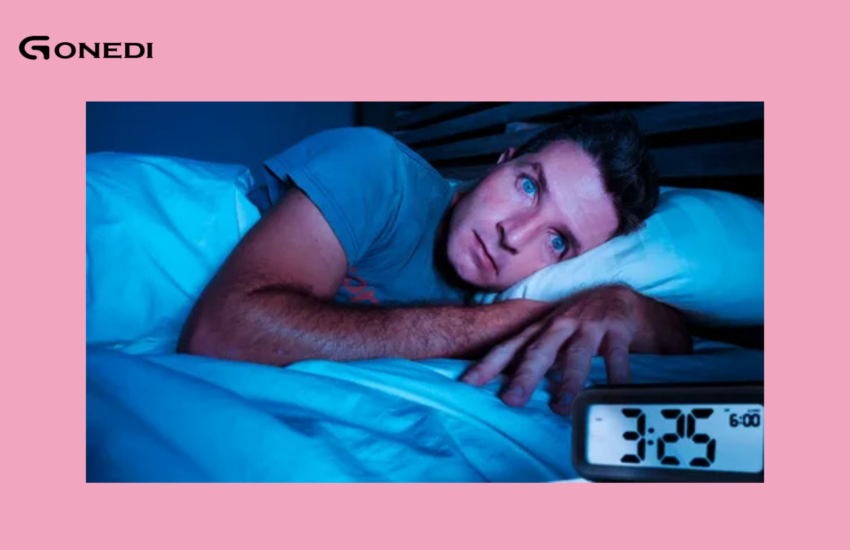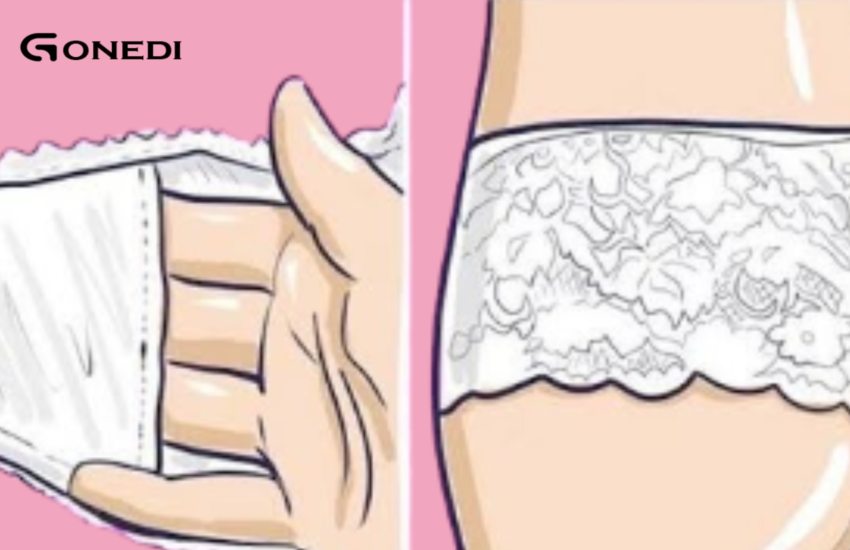8 Symptoms That Indicate Your Body Is Not Getting Enough Water
Water is essential for your body to function properly. It helps regulate your temperature, maintain your body functions, and flush out toxins. When your body isn’t properly hydrated, it can lead to a host of health problems. Here are eight signs that your body may not be getting enough water:
- Dry mouth and throat
One of the most immediate signs of dehydration is a dry mouth and throat. This is caused by not producing enough saliva due to a lack of fluid intake.
- Dark urine
The color of your urine can be a good indicator of your hydration levels. Dark yellow or amber urine indicates that your body is retaining water, which indicates dehydration. Healthy urine should be light yellow to clear.
- Fatigue and lethargy
When your body is dehydrated, it has to work harder to maintain basic functions, which can lead to feeling tired and lethargic. Dehydration can also affect the flow of oxygen to your brain, causing fatigue.
- Dizziness and Headaches
Dehydration can cause blood pressure to drop and reduce the flow of oxygen and nutrients to the brain, leading to dizziness and headaches.
- Dry Skin
Dehydrated skin may appear dry and less elastic, and may begin to peel. Because the skin is the largest organ in the body, it is the first to show signs of dehydration.
- Constipation
Water is essential for digestion and helps keep stools soft. When the body is dehydrated, it absorbs more water from the stool, leading to constipation.
- Rapid Heartbeat
Dehydration can cause a decrease in blood volume, forcing the heart to pump faster to deliver oxygen and nutrients to the organs, which can lead to a rapid heartbeat.
- Decreased Urine Production
A noticeable decrease in the frequency of urination is a clear sign that the body is trying to conserve water, indicating that you are not drinking enough fluids.
Conclusion
Staying properly hydrated is crucial to overall health and well-being. If you’re experiencing any of these symptoms, increasing your water intake can help relieve them. Aim to drink at least eight glasses of water a day, and more if you’re active or live in a hot climate, to ensure your body stays hydrated.


